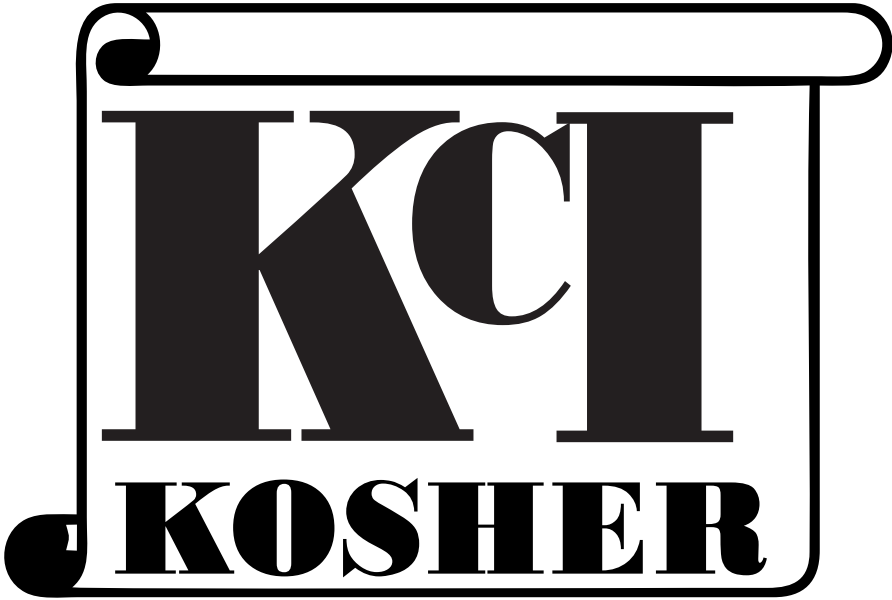Kosher Definitions
Meat and Poultry
Only specific animals and birds are considered kosher according to the Bible. Cows, goats and sheep are kosher. Chicken, turkey, goose and duck are kosher. Slaughter of animals and birds must follow Jewish laws. Blood needs to be removed by salting or roasting process and this process of slaughter and salting is supervised by a rabbi.
Dairy
Dairy products can carry the kosher label only if milk is obtained from kosher animals. Strictly orthodox communities may specify strict supervision which is known as Cholov Yisroel, which is particularly implemented in the manufacture of cheese in which rennet derived from animal intestines or stomach is used.
Eggs
Eggs are passed for kosher certification provided they are obtained from kosher birds and do not carry any blood spots.
Fish
Only fish species that have fins and scales that can be removed with ease are considered kosher. Tuna, sole, plaice and salmon are kosher. Shellfish, eels, shark, monkfish, huss, catfish and sturgeon are non-kosher. Fish by products such as roe and fish oil as well as gelatine are certified kosher only if derived from kosher fish.
Parev
Food devoid of dairy or meat components is termed Parev. For foods to carry the parev label, care must be taken that they are not processed in equipments that are used to process dairy or meat products at temperatures above 40 deg. C. Egg and fish may fall under the parev category. Certification of foods like egg and fish for the parev label is relatively simpler compared to meat and dairy kosher process.
Insects
All insects are non-kosher and specific care must be taken to ensure vegetables and fruits are free of insects by thorough washing, cleaning and inspection for such category of foods to qualify for kosher label.
Passover
The Jews celebrate Passover for 8 days during springtime and during this period it is expressly forbidden to partake of fermented food or beverages made using barley, oat, spelt, rye and wheat. Even utensils used for preparing foods or cooking foods using these ingredients is forbidden during Passover. Orthodox jews may consume foods made from legumes, pulses, corn, soy, rapeseed, peanuts, beans and rice, collectively termed as “kitniyot”.
For Passover products manufacturers may offer kosher for Passover, which means food does not contain the five grains or the kitniyot foods. Kosher for Passover kitniyot may exclude grains but will include the other items.
Wine and Grape Products
Grape juice, wine vinegar and wine made using dried or fresh grapes requires handling by Jews from start to finish in order to qualify for the Kosher label. Any product that uses grape flavoring or grape additives requires kosher certification.
Bishul Yisroel
Rice, eggs and meat and similar products that require specific cooking methods and processes must be handled by Jews in order to qualify for the Bishul Yisroel mark.
Bread
Bread can carry Kosher certification at two levels. Bread or similar products must also comply with regular kosher norms in addition to the two levels. These two levels are Pas Palter meaning bread made by a non-Jewish professional baker and Pas Yisroel meaning bread prepared and baked by Jews in accordance with age old Jewish methods. Orthodox Jews would insist on Pas Yisroel while others would find Pas Palter acceptable. However, Kosher certification laws allow for Pas Yisroel without the strict onsite supervision this label calls for.

